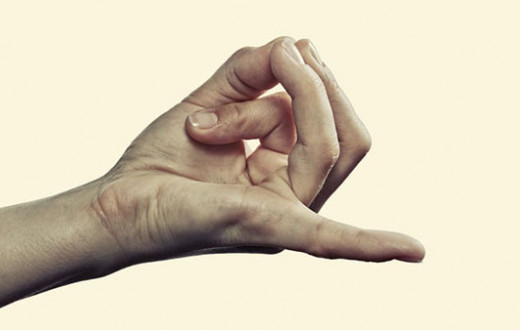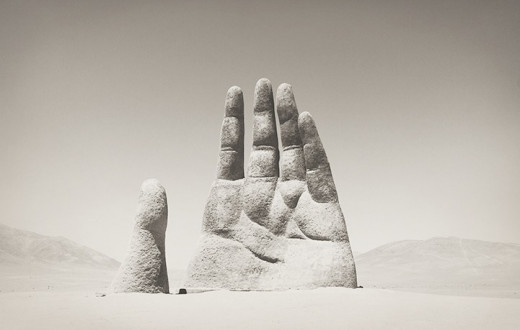Patanjali Yoga Sutra Knowledge Sheet 76
Contd. from knowledge sheet 75
Again, you need not make a mood out of it. When somebody has passed away, you cannot say “Okay, now I am going to be happy” and smile and dance. No, you should not do that. The ancient people had designed a methodology for this. They said that, if anyone dies in a house, the people of that house are in ashoucha for 10 days. For 10 days you can mourn and cry. Even if you do not cry, they will bring some professional criers. In India, yes, if you give them money, they will come and cry. This is also there in China, Hong Kong, Singapore. We have not heard about this in Europe and America. There are professional people who cry in the Oriental region. You pay them money. They come and beat their heads, chest, tummy and beat the drums and begin to cry and yell and say “Oh! What a soul you are! They will praise the person who is dead and they cry and no one can hold themselves back. So they too cry, burst out. There is a whole drama of crying which happens. Later they collect the five or six hundred rupees and go happily, laughing the moment they are out of the gate and leave the house. But they really cry when they are in the dead person’s house. This to bring out the emotions of the near and dear of the dead one, so that they can be genuinely happy after the 10 days. After 10 days of mourning, on the eleventh day, they usually distribute sweets to the people, have a celebration, wear new clothes, have a family get together and exchange gifts and have a feast, the memorial feast.
On the day of the feast, they take some ghee and water and put it on their eyes which give a cooling effect and then they decide. “Okay, now we get on with our life. Done is done”. For the immediate family, mourning is for 10 days, for others’ family it is only 3 days of mourning and for little more distant family the mourning is only for one day. They have set up a whole system of how to mourn.
If a spiritual person passes away, then even this is not there. Then every moment is a celebration because the spirit is all pervading. In the same way, there is shoucha when a child is born in a house for 10 days. You are so excited because a new soul has come into your family. So be with all the excitement and happiness for 10 days. You are free from all the social rules and obligations for you to enjoy 100%. Then come back to your commitments and responsibilities. Shoucha, the second niyama.
Tapaha, swadhyataya, eshwara pranidana. This we have already discussed. A little tapas can give you patience. Swadhyaya, self-study and devotion to God, devotion to the Lord. These are the rules.
Swadhyaya or self-study is unfortunately called the study of scriptures and books. In a way it is correct, but not just that. The scriptures and books are only aids in the study of the self. Just reading scriptures without any experience is of no use. The last rule, eshwara pranidhana means letting go and surrendering to the higher self, to the divine. Seeing life with context to the universe. This universe which is so vast, enormous has been here for millions of years, billions of years and will continue to be here for billions of years. That consciousness which is the substratum of creation, offering and surrendering to that. This is the only place where Patanjali mentions about God. He also mentions it in one more place. That consciousness which is free from any imperfections or suffering, which is all love, intelligence, beauty and truth, surrender to that which loves you so dearly, says Patanjali, the fifth niyama.
<<Shoucha and SantoshaRising Above Negative Principles>>
(This is part of a series of knowledge sheets based on Gurudev Sri Sri Ravi Shankar's commentaries on Patanjali Yoga Sutras.)





























